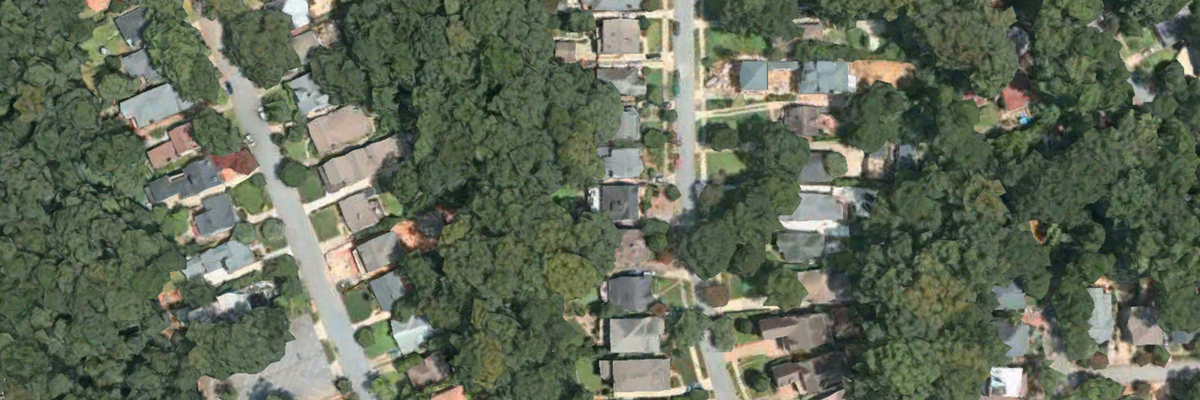The Internet allows us to collect more information than ever to make better buying/selling decisions easier. Unfortunately, more information is not always a good thing. It can create confusion and be misleading if not used correctly.
Here are a few things to keep in mind when you are trying to find comparable sales to help you assess the value of the home you are buying or selling.
Don’t Reach: A lot of people would put this one last, but you should consider it first and often. You want your target house to compare more favorably to other houses, so the tendency is to use information to paint the picture as YOU want to see it. The trick is to paint a picture that the other party can see also, if only at a distance and let your agent’s or your sales skills provide the detailed brush strokes. If you reach too far, you will scare off the other party before you get started.
Key Attributes: Since it’s difficult to find a home exactly like your’s, comparability can be very subjective. Try to find homes that are similar in as many categories as possible. For instance, among the most important are:
- architectural style (e.g. people might value a colonial different than a split level)
- square footage
- # of bedrooms and baths
- land acreage
- utilities (electric vs. gas)
- basement (how close to finished is it?)
- garage (and number of ports)
Proximity: Whether you have kids or not, school boundaries are one factor that can play a large role in home values. They can vary widely between one street and the next based on elementary, secondary and high school zones. It pays to understand where the boundaries are so you can determine how valuable that is to you or others in the market. Your target home may get a premium or discount compared to other similar homes, based on the school district.
Type of Sale: Some areas were hit harder by the mortgage crisis than others, so you may still see several foreclosures or short sales. These can be great for buyers, but frustrating for sellers. It can put bigger houses into the “comparable” price range and lower a seller’s asking price. The discount for short sales and foreclosures can vary from area to area, based on existing inventory, how long they have been vacant and other factors. Be sure to use a realtor’s knowledge on the local market when using foreclosures and short sales as comparable sales.
Time on the Market: Significant drops in the real estate market can make it a good time to buy. However, you will invariably find people pricing homes higher than the market, during these periods. They don’t want to lose more equity than they have to so they will ask more than it’s worth. A listing that has been on the market several weeks or months longer than average can be an indication of this.
Date of Sale: If you look at home sales too far in the past, the prices may be effected by periods of inventory surplus or shortage and not a true representative sample of the market today. Try to stay within a 3 month time period. Most government-backed mortgage loans will require it anyway.
Extra Amenities: Pools, large decks and decorative, well-manicured landscaping are obvious amenities that create value/interest. Also consider more subtle things like fireplaces (gas or wood?), large bathrooms, walk-out basements and even crown molding or chair railing. If the home has several of these smaller-type amenities it can add up to create more value.
Closing Incentives: Total home value is not always reflected in the sales price. Buyers may get cash at closing, help with the down payment or other incentives like patio furniture or new carpeting to close the deal. All of these should be taken off the price of the home to reflect the actual sales value.
Sell, Sell, Sell: Selling is not a bad word, so don’t think of it that way. Finding comparable sales is all about finding evidence to support the price you think is fair and best. If you are not a great salesperson, find an agent that is. Just like a bad lawyer can lose a case with good evidence; a bad salesperson can lose your dream home. Good sales is not about cheating anyone, but using fair evidence to win someone over to your viewpoint.
Final Note: Putting all of these factors together and collecting inside information like “closing help offered” can seem like a daunting task. This is where the right agent will provide the most value. An active and experienced agent has lots of industry contacts, has been inside thousands of homes and may know buyers and sellers that are more “motivated” than others. Do your own homework, but solicit the opinion of a trusted agent and be prepared to listen - even if you don’t hear the message you were hoping for.

Comments
Post a Comment